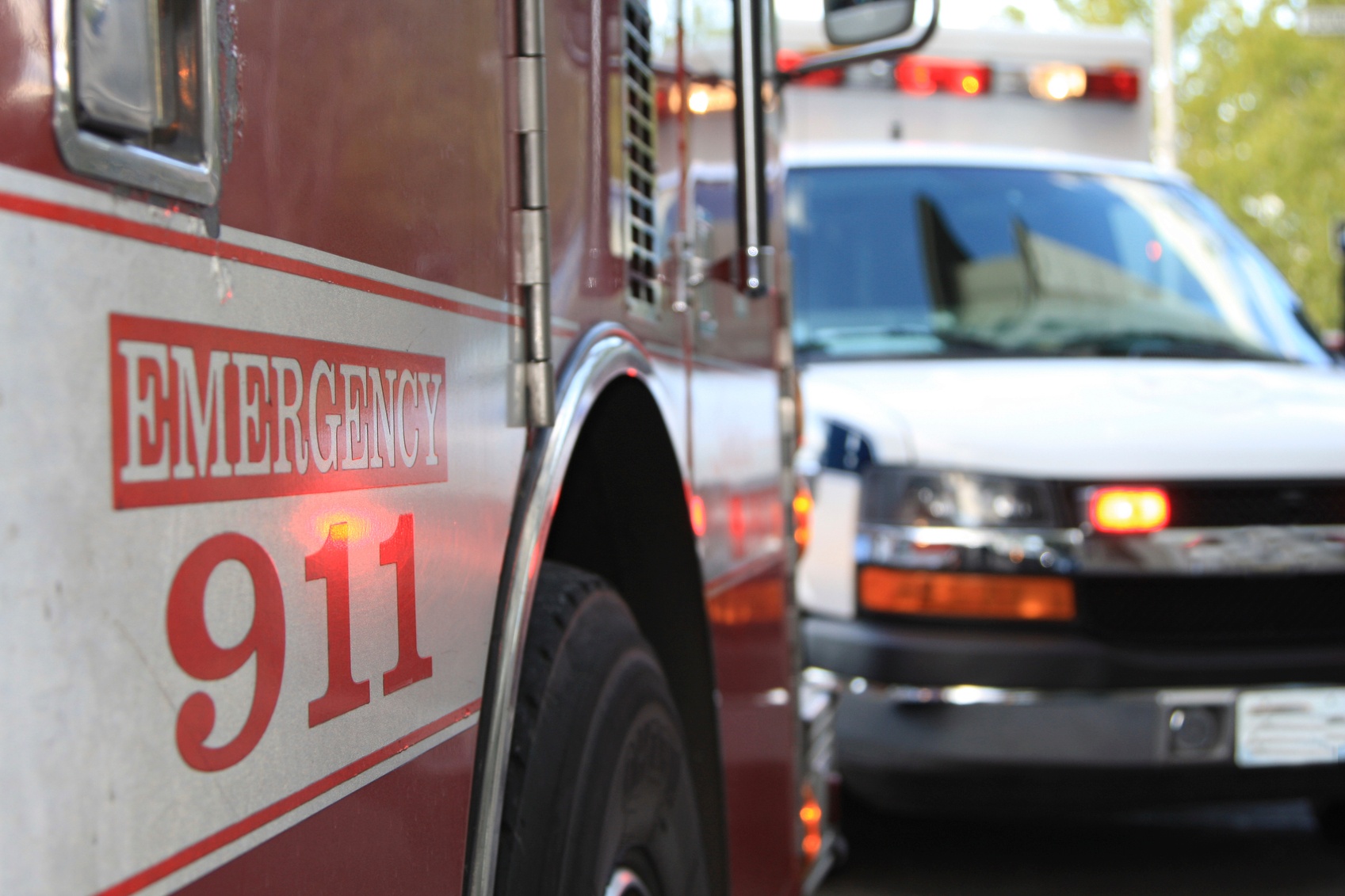
Emergency Medical Services (EMS) is a necessary and important public service role, and demand for career professionals is high. The jobs are there, but hard to fill. EMTs and paramedics tend to be underpaid, overworked, and exposed to abundant risks.
It takes a lot of physical and emotional strength to be in pre-hospital medicine, and requires passion, perseverance, and determination to stay.
Challenges Facing EMS Professionals
Pay and Benefits
According to the US Bureau of Labor Statistics, the median pay for EMTs and paramedics is only $32,670 annually, or around $16 an hour. Low pay makes it difficult to justify the physical and emotional strain and educational requirements it takes to excel in this career.
In addition, many EMS jobs don’t come with the benefits many other types of employees take for granted. EMTs and paramedics don’t necessarily receive access to healthcare benefits, 401(k) programs, or paid time off.
Stress
Recent trends such as mass shootings and opioid overdoses put EMS professionals in dangerous situations. Patients requiring emergency care are often disoriented, combative, or otherwise uncooperative. Attacks on EMTs and paramedics are not uncommon. Combined with the guilt of losing patients, post-traumatic stress disorder (PTSD) is growing more common among first responders. They must monitor themselves and their colleagues for signs of mental health crises in addition to monitoring patients. (Source)
Physical strain
Lifting and transferring patients is a daily task and can mean significant long-term back pain. Damage can be reduced with proper practice like stretching, ice, and exercise. Creating a safety program to review proper form for lifting and carrying can help paramedics and EMTs as well.
Investing in the most up-to-date equipment and making sure the current equipment is in good working order can help reduce accidents.
Despite being a demanding and underappreciated job, there are resilient men and women prepared to meet the challenges. They work and learn for the benefit of others and deserve respect and admiration – and much higher compensation.
Provider skills and safety are established in training. Make sure your program is supplied with stretchers, infection control, and Demo Dose® simulated medications. Find it all in our EMSEd catalog.
Evan Stiger is Marketing Coordinator at Pocket Nurse.







